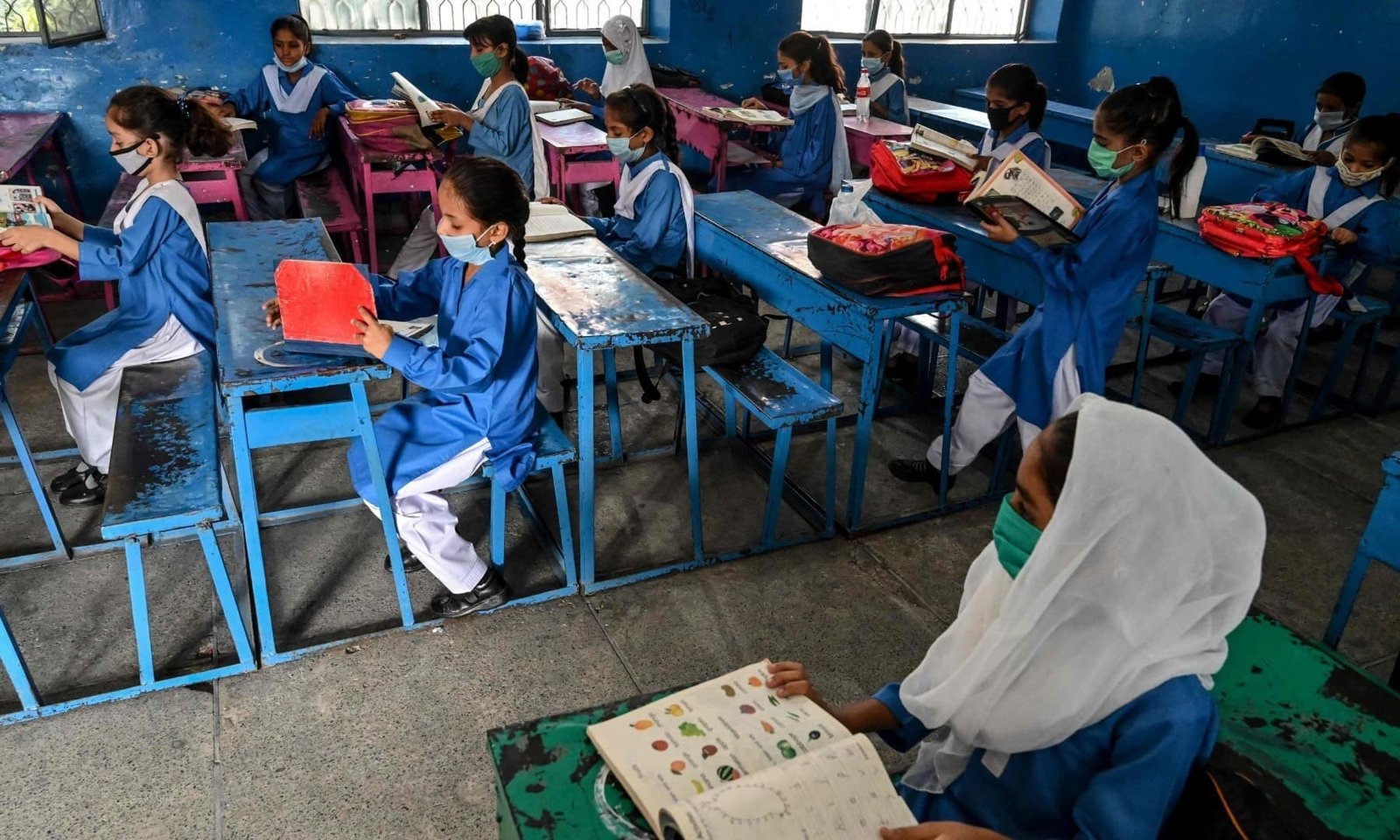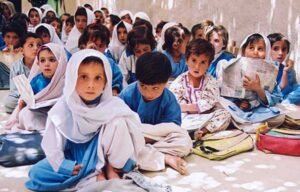Primary Education in Pakistan
The Pakistan education system is comprised of many stages that are primary, secondary, higher secondary, and higher education. In this blog, we will discuss only the first step which is primary education.

In the diverse tapestry of Pakistan’s education system, primary education forms the foundational threads that weave together the future of the nation. Understanding the nuances and significance of primary education is crucial in appreciating the broader educational landscape in Pakistan.
The Basics of Primary Education
What is Primary Education in Pakistan?
Primary education in Pakistan refers to the initial stage of formal education, typically covering the first few years of a child’s educational journey. It lays the essential groundwork for a student’s academic and personal development.
That is comprises in two stages that are
- Pre -primary (play group to prep) starts from age 3
- Primary (one to 5th )
How Many Years is Primary School in Pakistan?
Primary education in Pakistan usually spans over five years, from grades one through five. These formative years set the stage for a child’s educational voyage, equipping them with fundamental knowledge and skills.
What Age is the First Year of Primary Education?
A child typically begins their primary education journey at around the age of five or six, depending on their birthdate and the school’s admission policy. It’s a crucial phase in their life where they embark on the path of learning and exploration.

The Significance of Primary Education
Why is Primary Education Important in Pakistan?
Primary education plays a pivotal role in Pakistan’s development. It acts as the stepping stone towards higher education and equips students with essential skills and knowledge. Let’s delve deeper into its importance: lets know about this,
- Foundation of Learning: Primary education provides students with a strong foundation in core subjects like mathematics, language, and science, which are critical for their academic growth.
- Holistic Development: Beyond academics, primary education fosters the holistic development of children, nurturing their cognitive, social, and emotional skills.
- Social Cohesion: It promotes social cohesion by bringing children from diverse backgrounds together in a learning environment, fostering tolerance and understanding.
What are the Main Points of Primary Education?
The main points of primary education in Pakistan revolve around achieving several critical objectives:
- Basic Literacy and Numeracy: Primary education in Pakistan focuses on ensuring that students attain basic literacy and numeracy skills, enabling them to read, write, and perform fundamental mathematical operations.
- Critical Thinking: It encourages critical thinking and problem-solving abilities, nurturing a generation of analytical and creative thinkers.
- Character Building: Primary education also plays a vital role in character building by instilling values, ethics, and a sense of responsibility in young minds.
Challenges and Issues in Primary Education
As a developing country Pakistan may facing some troubles and difficulties as compared to other countries here are some challenges to primary education in Pakistan.
What are the Challenges of Primary Education in Pakistan in Pakistan?
While primary education in Pakistan holds immense promise, it also faces several challenges that hinder its progress. These challenges include:
- Access to Quality Education: Ensuring equitable access to quality education, especially in rural areas, remains a significant challenge.
- Teacher Shortage: The shortage of trained and qualified teachers poses a hurdle in delivering quality education.
- Infrastructure and Resources: Inadequate infrastructure and resources in many primary schools affect the learning environment.
What are the Issues in Primary Education in Pakistan?
Issues such as
- gender disparity
- outdated curricula,
- insufficient investments
- lack of facilities
- lack of new approaches
- deficiency in teachers training
are some of the pressing concerns that need to be addressed to ensure a brighter future for Pakistan’s youth.
3 Responses
[…] this article, we are trying to explain Mothers play a crucial role in their child’s education. From the moment a child is born, a mother provides love, care, and support that form the strong […]
[…] Education plays a pivotal role in the socio-economic development of any nation, and Pakistan is no exception. As we delve into the landscape of education in Pakistan, we’ll explore its status, challenges, and noteworthy progress in recent years. […]
[…] this article, we are trying to explain the Role of Mothers in their child’s education. From the moment a child is born, a mother provides love, care, and support that form the strong […]